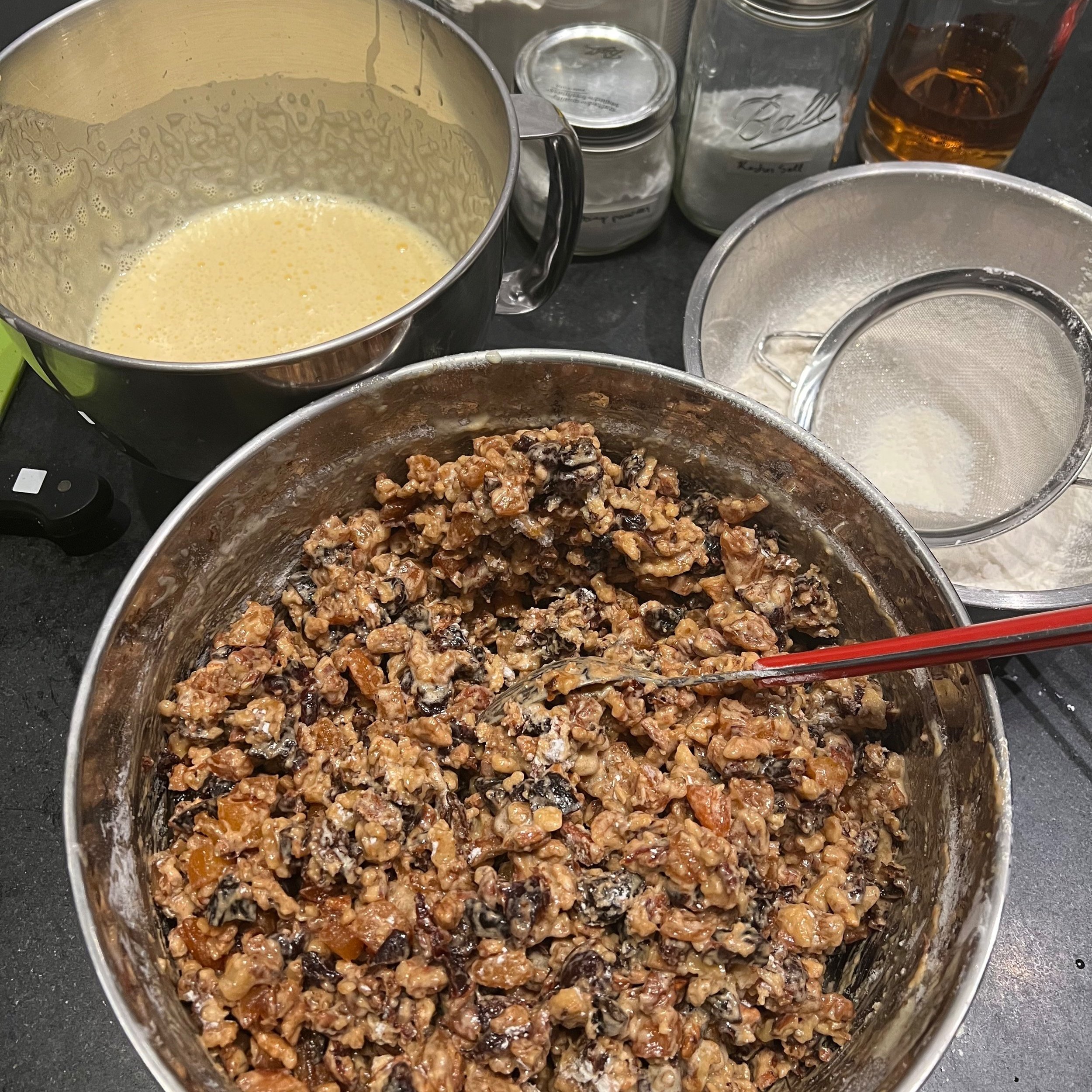One of the first questions that comes up during cancer diagnosis is “when will I be DONE?” The fantasy of my post-treatment life was the fuel that got me through the tough moments, so I had a lot of emotional attachment to calendar milestones. The most devastating moment of treatment for me was over a 1 week delay; my WBC count was too low for chemo one week so everything got pushed back. I wasn’t upset that I was sick; I was upset that I’d have to adjust my projected timeline. After a comfort rewatch of some GOT with my Dad, I cried into my keyboard updating my treatment database with a new “done date”.
But here’s the challenging bit. It’s hard to know when you’re “officially done” with cancer treatment. There are so many starting and stopping points through the different phases of treatment. Then even when you’re done, not only do you look and feel like a naked mole rat, you’re still going to be monitored, for years. Done is a state of mind and not all cancer patients get to hang their hat on that term. I was very fortunate that my treatment was curative and I got to fantasize about normal+ life.
I choose to celebrate TODAY, November 9 as DONE. On this day last year I got my last radiation treatment and rang that big ass gong. There were some other treatment bits after that, but this was the last thing that caused me uncomfortable side effects. After this day, I could just focus on regaining health and start filling the the enormous space in my life that was being a patient with all the things that make me happy.
But since Nov 9 is a somewhat arbitrary choice, here is a non-exhaustive list of some of the milestones I celebrated over the course of treatment and recovery (vaguely in chronological order)..,
Finishing egg freezing IVF with only 1 emotional breakdown over insurance issues and 1 embarrassing incident when I did a monologue on Henry Winkler while coming out of sedation!
Getting through my first chemo treatment with none of the worst case scenario side effects!
The first chemo appointment my team didn’t have to give me IV Benadryl as a precaution!
The first appointment with no major nausea because I finally figured out the diet/OTC drug ritual!
My last day of the first chemo regimen!
My last day of any chemo!
My last bone marrow stimulant treatment!
The last time I cried during an insurance conversation saying “I know this isn’t your fault, but this is harder than the cancer.” (pro tip: don’t switch jobs in the middle of cancer treatment)
Reintroducing hot sauce into my diet!
My first NED (no evidence of disease) scan post chemo!
My first post-treatment spicy marg!
Getting through surgery!
My first day going out in public without my wig!
My last day of radiation! (November 9!)
The first time I ran more than 2 miles since starting treatment!
The day I won the “who can hit their out of pocket max first” contest among my cancer community with 1 keytruda infusion on Jan 3 ($35K a pop)!
My last immunotherapy treatment and last infusion of any kind!
Full eye lashes!
The last day I neded to fill in my eyebrows to have facial expressions!
Getting my port removed!
First time finishing a 1 hr yoga class with no pain around my surgical site!
The first time I didn’t need a notetaker with me during a doctor appointment to help with brain fog!
My first 5K race again!
The day I woke up with clarity that “oh, hell yeah my hormones are back to normal!”
The first time I ate Chipotle again!
The first month with no doctors appointments or medical leave from work!
1 year post-chemo! (margs)
The first day my hair looked like a hair cut I would have chosen!
1 year post surgery!
My first ponytail!
1 year post-radiation! (today <3)
… more to come!



